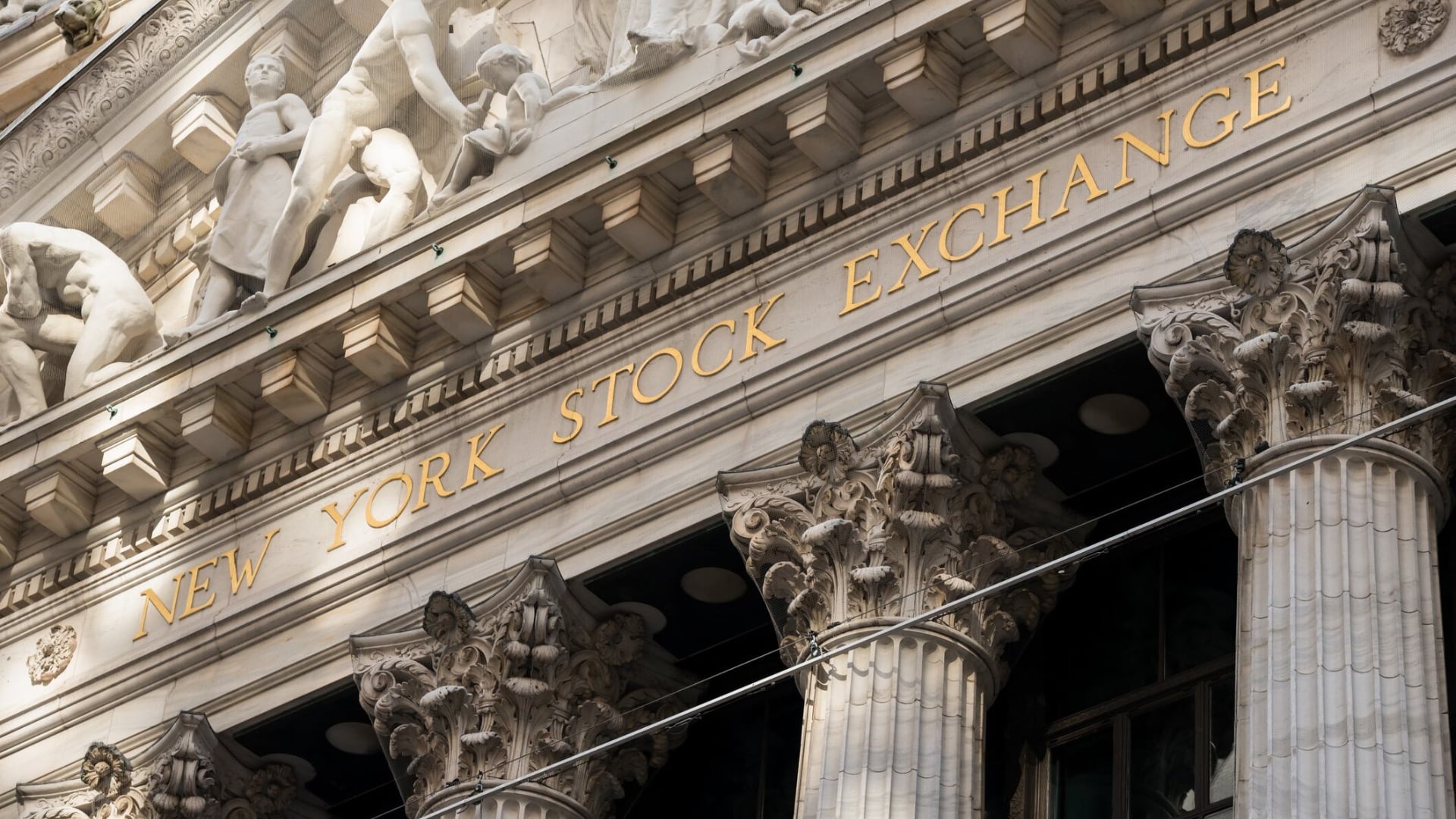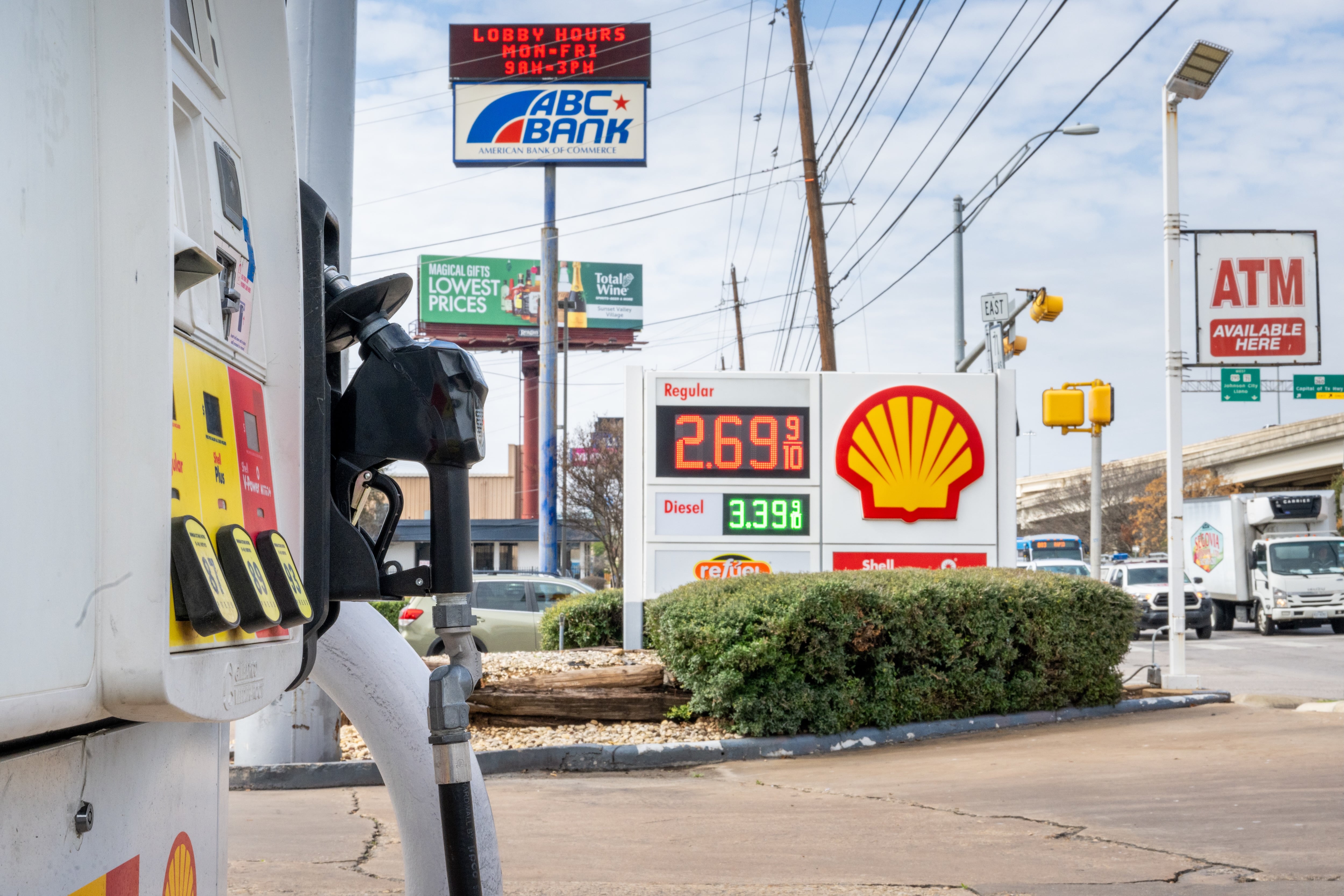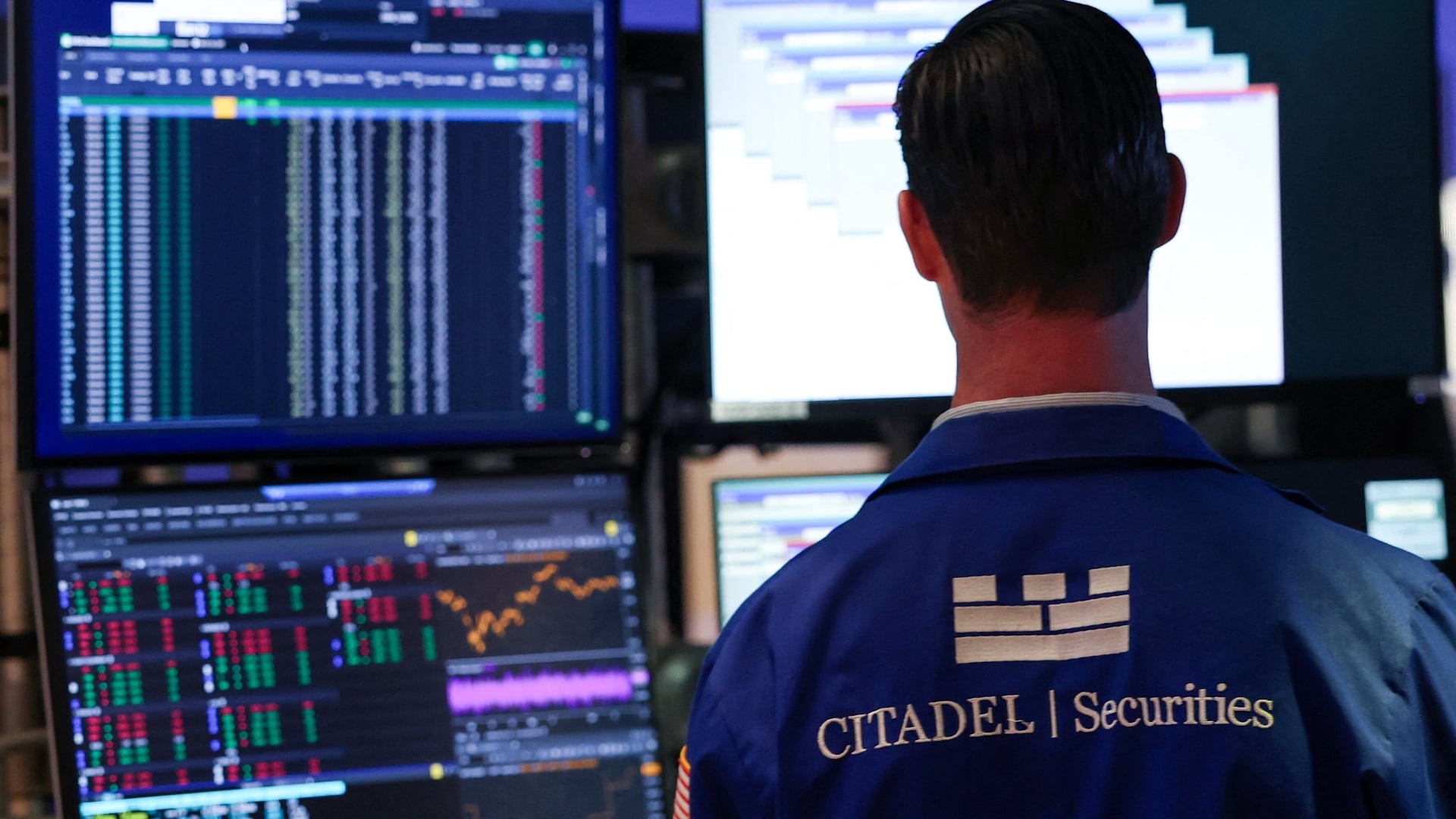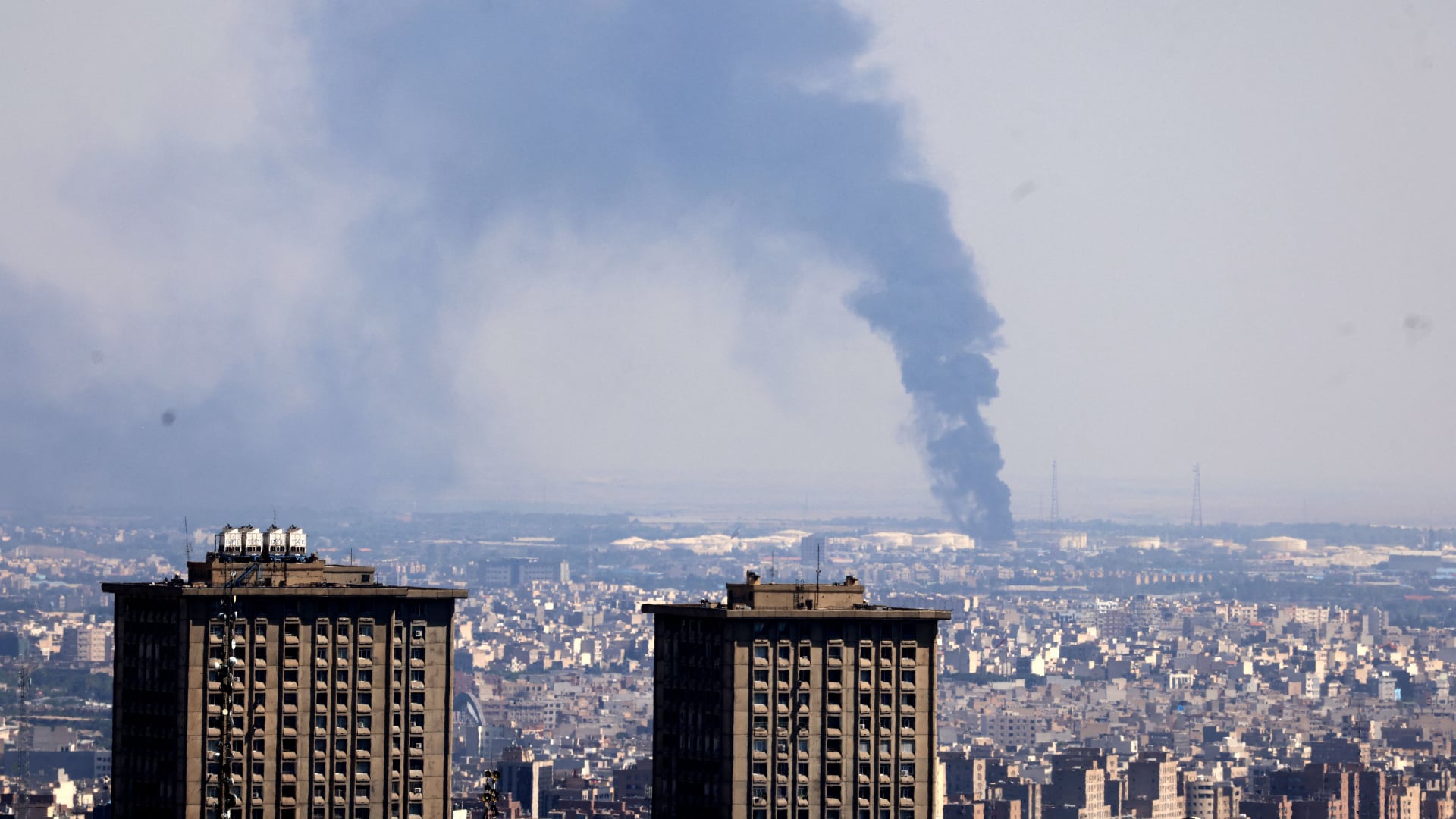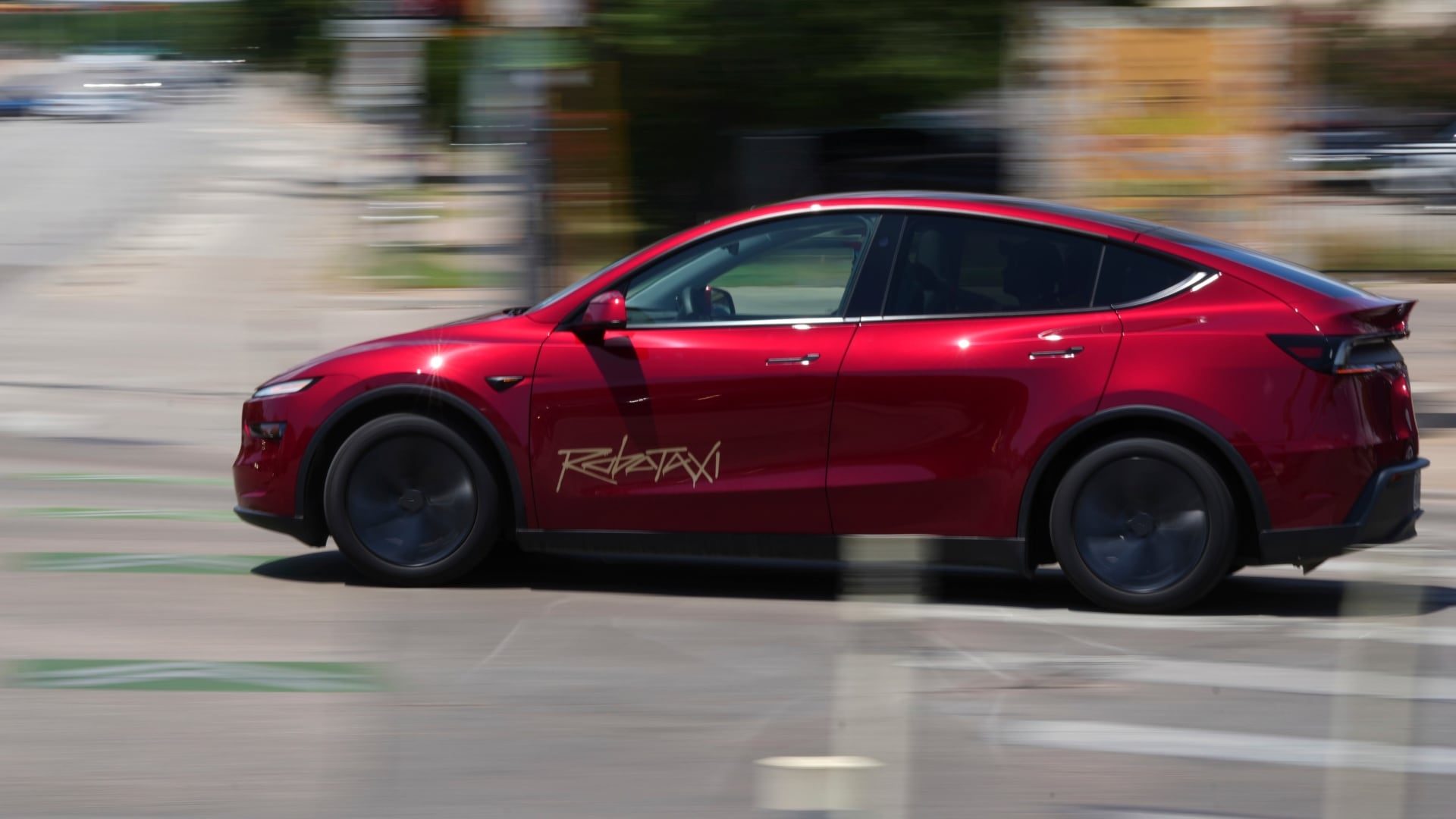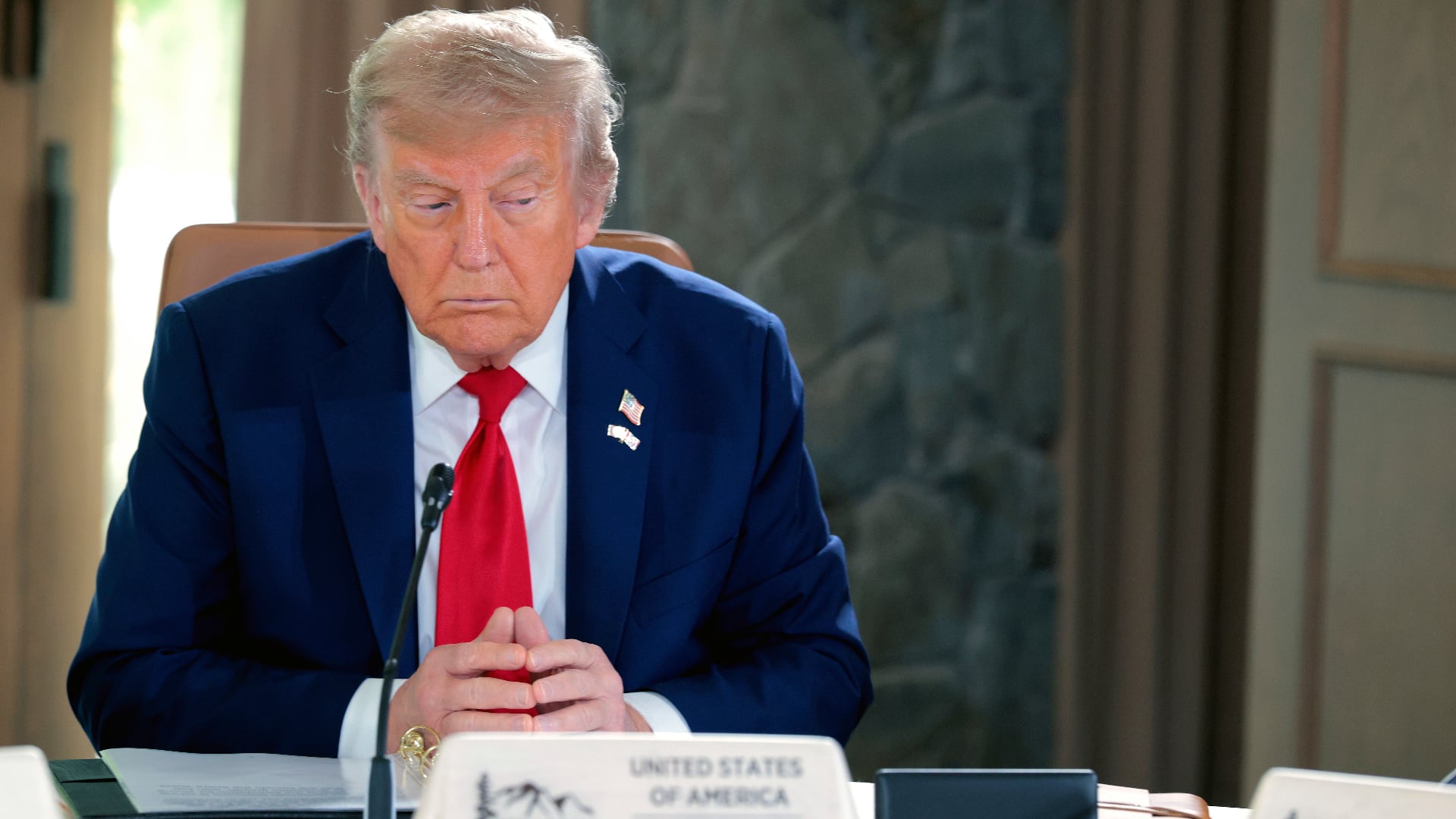By Zeke Miller
The U.S. will reopen its land borders to nonessential travel next month, ending a 19-month freeze due to the COVID-19 pandemic as the country moves to require all international visitors to be vaccinated against the coronavirus.
Vehicle, rail and ferry travel between the U.S. and Canada and Mexico has been largely restricted to essential travel, such as trade, since the earliest days of the pandemic. The new rules, announced Wednesday, will allow fully vaccinated foreign nationals to enter the U.S. regardless of the reason for travel starting in early November, when a similar easing of restrictions is set to kick in for air travel into the country. By mid-January, even essential travelers seeking to enter the U.S., like truck drivers, will need to be fully vaccinated.
Homeland Security Secretary Alejandro Mayorkas said he was "pleased to be taking steps to resume regular travel in a safe and sustainable manner” and lauded the economic benefits of it.
Both Mexico and Canada have pressed the U.S. for months to ease restrictions on travel that have separated families and curtailed leisure trips since the onset of the pandemic. The latest move follows last month's announcement that the U.S. will end country-based travel bans for air travel and instead require vaccination for foreign nationals seeking to enter by plane.
Senior administration officials had previewed the new land border policy late Tuesday. Both policies will take effect in early November, the officials said.
The new rules only apply to legal entry to the U.S. Officials cautioned that those seeking to enter illegally will still be subject to expulsion under so-called Title 42 authority, first invoked by former President Donald Trump, that has drawn criticism from immigration advocates for swiftly removing migrants before they can seek asylum. One of the officials said the U.S. was continuing the policy because cramped conditions in border patrol facilities pose a COVID-19 threat.
Travelers entering the U.S. by vehicle, rail and ferry will be asked about their vaccination status as part of the standard U.S. Customs and Border Protection admissions process. At officers' discretion, travelers will have their proof of vaccination verified in a secondary screening process.
Unlike air travel, for which proof of a negative COVID-19 test is required before boarding a flight to enter the U.S., no testing will be required to enter the U.S. by land or sea, provided the travelers meet the vaccination requirement.
According to the Centers for Disease Control and Prevention, the U.S. will accept travelers who have been fully vaccinated with any of the vaccines approved for emergency use by the World Health Organization, not just those in use in the U.S. That means that the AstraZeneca vaccine, widely used in Canada, will be accepted.
Officials said the CDC was still working to formalize procedures for admitting those who received doses of two different vaccines, as was fairly common in Canada.
The delay in the vaccination requirement for essential cross-border travel is meant to provide truck drivers and others with additional time to get a shot and minimize potential economic disruption from the vaccination mandate, officials said.
All told, the new procedures move toward a policy based on the risk profiles of individuals, rather than less targeted country-based bans.
The vaccination requirement for foreign nationals comes as the White House has moved to impose sweeping vaccination-or-testing requirements affecting as many as 100 million people in the U.S. in an effort to encourage holdouts to get shots.
On Tuesday, the U.S. Department of Labor completed the initial draft of an emergency regulation that will require employers of 100 workers or more to demand their employees be vaccinated against COVID-19 or tested weekly. The Office of Management and Budget is now reviewing the order before its implementation.
The move toward restoring regular travel comes as COVID-19 cases in the U.S. have dropped to about 85,000 per day, the lowest level since July, following a spike from the more transmissible delta variant of the virus. Per capita case rates in Canada and Mexico have been been markedly lower in the two countries than the U.S. for the duration of the pandemic, which amplified frustrations about the U.S. restrictions on travel.
Mexico has not put in place any COVID-19 entry procedures for travelers. Canada allows entry of fully-vaccinated individuals with proof of vaccination against COVID-19 as well as proof of a negative test conducted within 72 hours of entry to the country.
